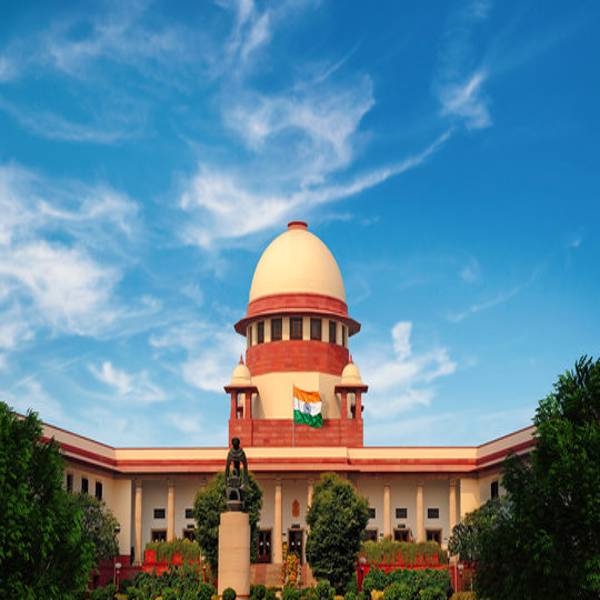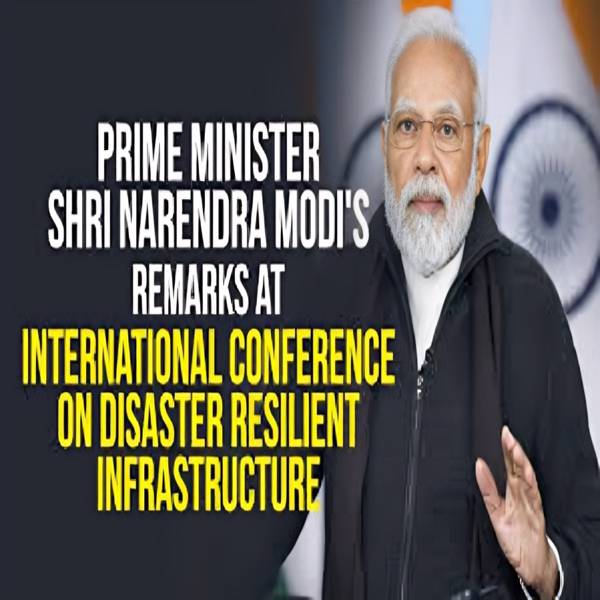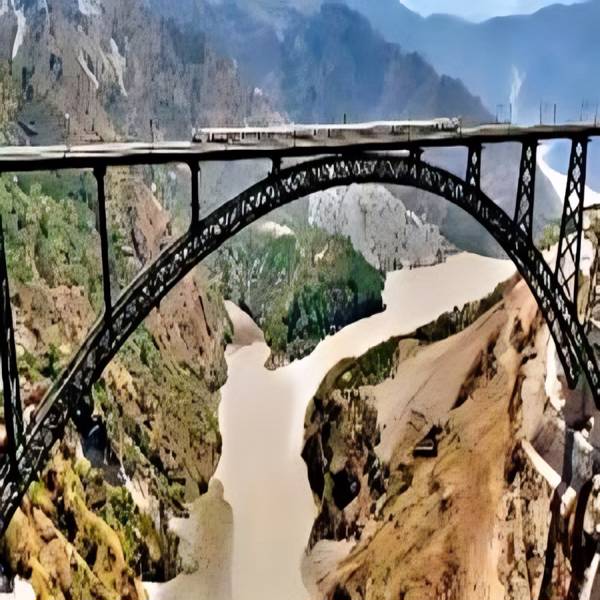A five-judge Constitution bench of the Supreme Court, led by Chief Justice of India D.Y. Chandrachud, is poised to deliver its landmark verdict on Monday, December 11, 2023.
The bench, which also includes Justices Sanjay Kishan Kaul, Sanjiv Khanna, B.R. Gavai, and Surya Kant, will decide on the validity of the government’s decision to abrogate Article 370 of the Constitution and bifurcate the erstwhile state of Jammu & Kashmir into two Union Territories.
Arguments concluded on September 5th after an extensive 16-day hearing.
Questions awaited Supreme Court verdict on Article 370
The Supreme Court of India, the apex judicial body of the country, will soon pronounce its verdict on the legal challenges surrounding the abrogation of Article 370 and the subsequent reorganization of Jammu and Kashmir. This landmark decision has generated immense interest and scrutiny, and the Court faces a complex set of questions that could have far-reaching implications for the future of the region.
The legal battle has centered around several key issues:
1. Constitutional Validity of Abrogation:
- Petitioners have challenged the constitutional validity of the government’s decision to abrogate Article 370, which granted special status to Jammu and Kashmir.
- They argue that the process undertaken by the government was procedurally flawed and violated established legal principles.
- The government, on the other hand, contends that it acted within its constitutional powers and that the abrogation was necessary to ensure national security and integration.
2. Validity of Reorganization Act:
- The Jammu and Kashmir Reorganisation Act, 2019, which divided the erstwhile state into two Union Territories, is also under judicial scrutiny.
- Petitioners argue that the Act was passed without proper consultation with the people of Jammu and Kashmir and that it violates their fundamental rights.
- The government defends the Act, arguing that it was a necessary step to bring the region under the direct administration of the central government.
3. Governor’s and President’s Rule:
- The legality of the Governor’s rule and subsequent President’s rule in Jammu and Kashmir, which preceded the abrogation of Article 370, is also being challenged in court.
- Petitioners argue that the imposition of the central rule was unconstitutional and unjustified.
- The government defends its actions, arguing that the situation in Jammu and Kashmir necessitated the imposition of central rule to maintain law and order.
4. Extension of President’s Rule:
- The extension of the President’s rule in the former state on July 3, 2019, is another point of contention.
- Petitioners argue that the extension was unnecessary and undemocratic, as it effectively suspended the elected government of Jammu and Kashmir.
- The government defends the extension, arguing that it was required to ensure a smooth transition to the new administrative structure.
The Supreme Court’s verdict on these critical issues will have a profound impact on the future of Jammu and Kashmir. The Court’s judgment will determine the legality of the government’s actions and set the stage for the future political and administrative landscape of the region.
Also read : PM Modi braked competition in Global Leader Popularity Contest
As the nation awaits the Court’s final pronouncements, the questions and arguments outlined above offer a window into the complexities and challenges surrounding this landmark legal battle.



